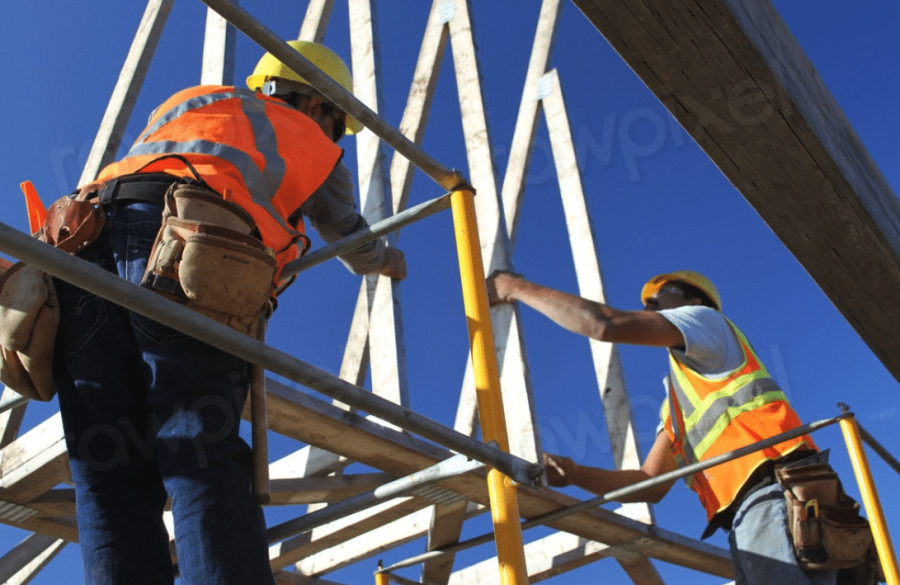- Construction Minister Chris Penk announces plans to ease the use of overseas building products in New Zealand, aiming to reduce construction costs and delays.
- Proposed legislative changes include recognizing standards from trusted overseas jurisdictions and accepting products that meet or exceed New Zealand’s standards.
- The changes are part of a broader government initiative to rebuild the economy, with the Building (Product Certification) Amendment Bill expected to pass by year’s end.
The New Zealand government is setting a new direction to support the construction sector. Construction Minister Chris Penk outlined significant steps to facilitate the use of international building products. This move is anticipated to cut down on the high costs and extensive delays currently plaguing the construction industry in New Zealand.
Chris Penk highlighted the government’s overarching strategy to rejuvenate the economy and improve living standards for New Zealanders. “Our Government has a plan to rebuild the economy to help Kiwis get ahead, and part of that plan includes cutting red tape and building more housing and infrastructure,” he remarked. The minister pointed out that bureaucratic hurdles significantly inflate building costs, especially the lengthy approval processes for new building materials, which can take up to two years.
The past few years have seen the construction industry grappling with supply issues, notably the GIB plasterboard shortage in 2022, which stalled numerous projects. To combat these challenges, the government is proposing three major legislative adjustments. These include accepting building standards from recognized international sources, mandating that Building Consent Authorities approve products meeting or exceeding local standards, and approving products certified through internationally respected schemes.
“These steps are designed to make building homes both cheaper and more straightforward, without compromising quality. They aim to bolster the nation’s ability to deal with supply chain issues and simplify the process for New Zealand businesses seeking alternative certification paths or looking to export,” explained Penk. This initiative is part of a broader action plan that seeks to streamline the building process, aiming for a more resilient and efficient construction sector.
By incorporating these international standards and certifications, New Zealand builders will have access to a wider range of products, such as the 200,000 products under the Australian WaterMark scheme, thus easing the construction process. This initiative is expected to not only reduce the costs associated with building but also enhance the quality and speed at which homes and infrastructure can be developed.
The proposed changes are scheduled to be introduced in the Building (Product Certification) Amendment Bill later this year, with the intention of passing the legislation before year-end. This move aligns with the government’s broader economic strategy, which includes tax relief, skill development, and strengthening international ties, aimed at improving living standards and boosting the economy.



